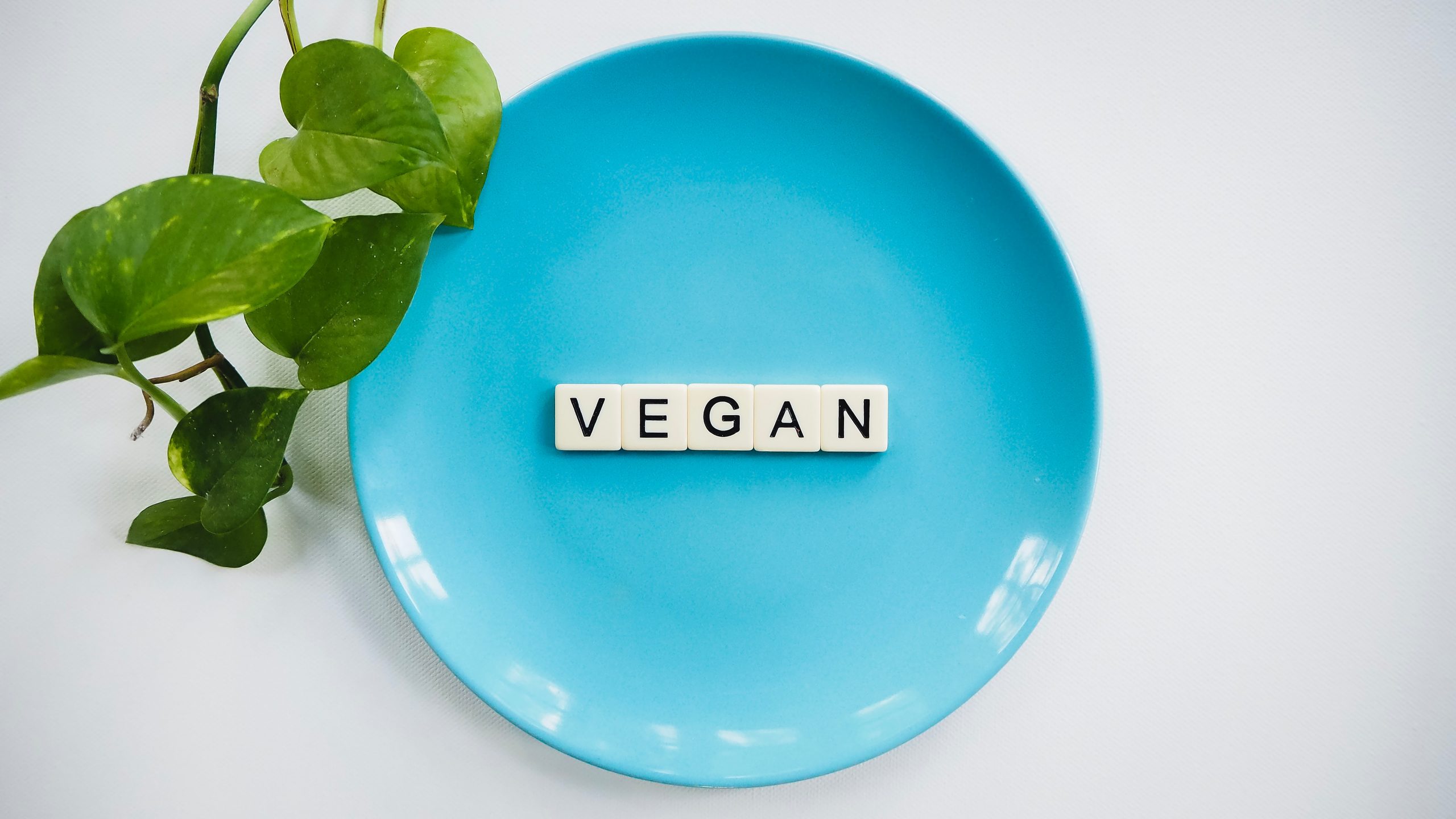You must be aware of the terms ‘vegetarian’, ‘vegan, and ‘non-vegetarian, which are mostly followed in India due to their spiritual base. Vegetarians do not eat meat but consume dairy products and eggs, while the vegan diet excludes all animal-based products. Even in the United States, 3% of people are fully vegan, and there has been a rise in plant-based products.
Now, what is a vegan diet? A diet that excludes all animal products, including meat, dairy, and eggs, and includes plant-based products. Many people are moving towards a vegan diet as it is rich in nutrients and low in saturated fats. Vegan diets include foods such as fruits, vegetables, beans, nuts, and seeds. These vegan foods will provide a wide range of important vitamins, minerals, healthy fats, and protein.
In this blog, we will shed light on the benefits and risks of a vegan diet. A vegan diet can reduce the risk of chronic disease and support weight loss. On the other hand, eating only plant-based products poses a requirement for iron, calcium, and vitamin B-12, which can only be obtained from an omnivorous diet.
Benefits of a Vegan Diet
- Heart Health
Research suggests that plant-based foods reduce the risk of heart disease, while animal-based products such as meat, cheese, and butter contain fats that raise cholesterol levels, which increase the risk of heart disease and stroke. Plant-based foods such as vegetables and grains are even high in fibre, which is better for heart health.
Moreover, people on a vegan diet consume fewer calories, which can lead to a lower body mass index (BMI) and reduce the risk of obesity, which is a major risk factor for heart disease.
- Cancer Risk
Plant-based foods are high in fibre, vitamins, and phytochemicals, which are biologically active compounds that help fight cancer. One survey suggests that eating a vegan diet may reduce the risk of cancer by 15%. Furthermore, red meat and processed meat are carcinogenic and may cause colorectal cancer, prostate cancer, and pancreatic cancer.
- Lose Weight
A study shows that vegan diets are more effective for weight loss than omnivorous, semi-vegetarian, or pesco vegetarian diets. Vegans tend to have a lower body mass index (BMI) as compared to people following other diets. The reason is that animal foods are high in fat and calories as compared to plant-based foods, which help people manage their weight.
However, if one consumes lots of processed or high-fat plant-based food, which is called vegan junk food, it can lead to uneven weight gain.
- Type 2 Diabetes
There are a lot of studies that suggest that plant-based foods such as fruits, vegetables, whole grains, nuts, and legumes reduce the risk of type 2 diabetes. The insulin requirement decreases because the blood sugar level is controlled by consuming plant-based products.
Health Risks of a Vegan Diet
Following only plant-based products may lead to nutritional deficiencies in vitamins and minerals.
- Vitamin B-12
Vitamin B-12 is a nutrient that helps keep your body’s blood and nerve cells healthy. It even helps to make the genetic material, DNA, of the cell. It can only be obtained through animal-based products. So people on a vegan diet lack vitamin B-12, which may pose a megaloblastic Anemia condition. In this condition, people often seem tired and weak, and the need for vitamin B-12 can be covered with added supplements.
- Omega-3 fatty acid
There are three types of omega-3 fatty acids: EPA, DHA, and ALA, which can be obtained from walnuts and flax seeds. But EPA and DHA can be obtained from consuming fish, seaweeds, and algae; if not, they may impose a high risk for heart, eye, and brain function.
- Vitamin D and Calcium
People on a vegan diet often suffer from a deficiency of calcium, which is an essential mineral for bone health. After a certain age or during bone fractures, calcium levels need to be geared up, which can be obtained from dairy products, tofu, tahini, etc. If not, then calcium capsules are easily available on the market and can improve bone health.
- Other health risks due to zinc, iodine, and protein deficiency
Restricting animal-based products may lead to nutritional deficiencies of vitamin B12, zinc, iron, magnesium, and high-quality protein, which can be related to higher rates of depression and anxiety, dermatitis, skin rashes, sarcopenia (loss of muscle function or muscle wasting), hypothyroidism, etc.
Vegan Healthy Alternatives
Though restricting to only plant-based foods may lead to a deficiency of key vitamins, consuming alternative vegan foods that supplement the required minerals can be helpful to lower the health risk imposed by a deficiency.
For instance, instead of cow’s milk, which has high calories and saturated fat, plant milk can be substituted and enhanced with added vitamins and minerals. Even plant-based products such as cheese, yoghurt, and butter can be a better option. Soy products rich in protein can also be a good alternative to animal-based products.
Vegan foods that can satisfy nutritional requirements and eliminate the need to depend on animal products are tofu, tempeh, mushrooms, potatoes, jackfruit, eggplant, lentils, beans, legumes, cauliflower, nuts, peanut butter, and other nut butter, and beets.
As a takeaway from the blog, vegan food is gaining immense popularity as it has many health benefits, such as reduced risk of chronic disease, better heart health, and weight loss. But one needs to plan their meals carefully while following them so as not to exclude key nutrients required in order to avoid health deficiencies.








0 Comments